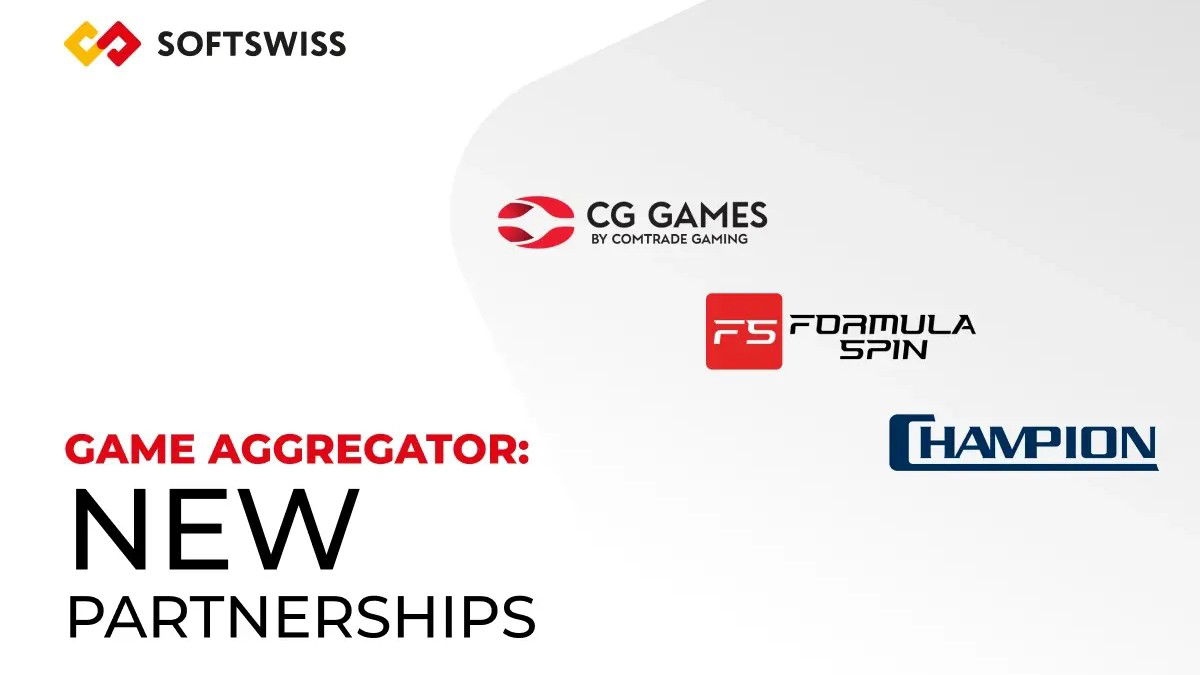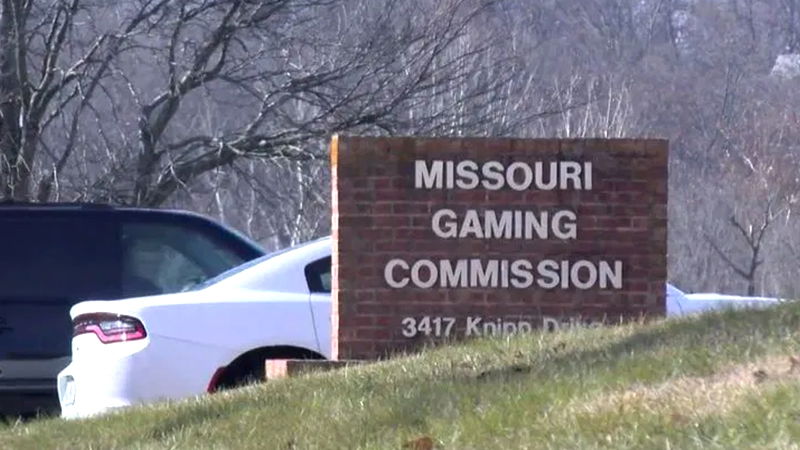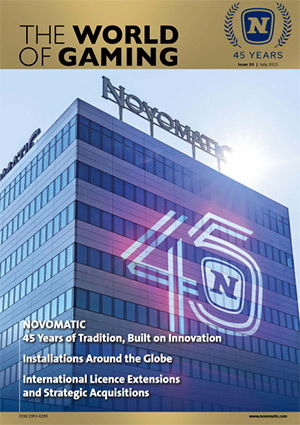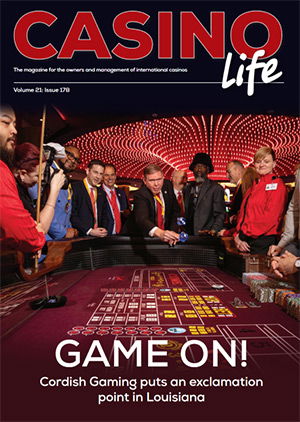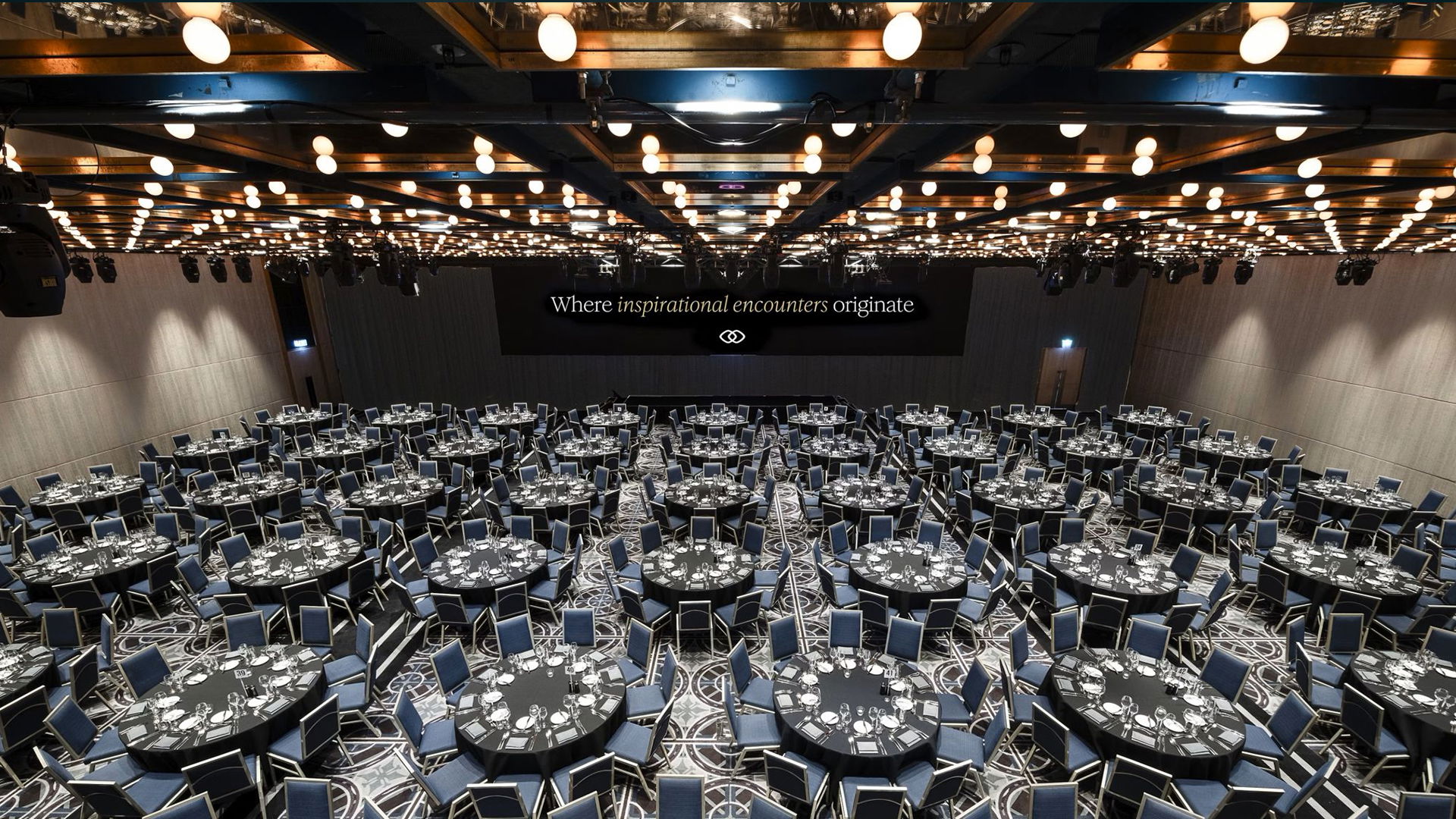US gaming industry recovery unlikely until 2010

With a view that the global economy is experiencing a severe recession, Fitch is forecasting the steepest GDP decline in the major advanced economies since World War II. The financial profile of the US consumer is expected to remain stressed in 2009, as weak employment trends coupled with depressed real estate and equity prices continue to undermine consumer confidence.
With net worth and personal income under pressure, and continued tight household credit conditions, Fitch expects US consumer spending to decline a sharp 1.6% in 2009 and remain soft into 2010. These negative pressures will likely outweigh benefits to consumers from the decline in energy and commodity prices, in Fitch’s view.
The gaming industry experienced a greater impact from the difficult financial conditions for consumers in 2008 than many investors expected. Generally, gaming spend per visit has been affected more than visitation levels, which can be bolstered by promotions. Considering the combined effect of recent declines in gas prices, and reductions in airline capacity and international demand, Fitch believes regional/local markets will fare better than destination markets, such as the Las Vegas Strip.
In its 2008 Outlook, Fitch indicated that it expected the gaming industry to be more economically sensitive than in previous downturns, which was clearly exhibited in the past year. Therefore, Fitch’s macro-economic outlook weighs heavily on its 2009 gaming industry outlook.
The main themes and questions that will affect gaming credit profiles and ratings in 2009 include Credit Markets: A number of issuers are at increased risk of bumping up against covenants in 2009, and will be approaching credit facility expirations in 2010-2011. Therefore, the bank lending climate will become increasingly important as 2009 progresses.
Harrah’s and Station attempted to address near-term maturities and/or heavy LBO-related debt loads with debt exchanges, but Station was unsuccessful and Harrah’s has yet to complete the transaction. MGM and Ameristar are other issuers with notable refinancing risk that will become more concerning as 2009 progresses, although MGM has recently enhanced its liquidity profile with a secured note issuance and an announced asset sale.
With unemployment expected to rise significantly throughout 2009, Fitch believes that a gaming industry recovery is unlikely until 2010, particularly if capital markets remain weak. Continued weak capital markets and rising unemployment would lead to sustained pressure on retiree investment portfolios and consumer confidence, resulting in constrained consumer discretionary spending.
A significant amount of supply is planned to be added to the LV Strip market over the next 12-18 months including Wynn Encore, the Caesars Palace expansion, CityCenter, and Fontainebleau. Regarding the impact of the increase in supply, Fitch believes Wynn is extremely well positioned, but remains cautious on the credit profiles of MGM, LVS, and Harrah’s. In addition, the Las Vegas Locals market needs to absorb the Eastside Cannery, Aliante Station, and M Resort supply additions, which will have a notable impact on both Station and Boyd.
With regards to Credit Outlook, Fitch believes that a prolonged US recession that extends beyond 2009 and into 2010, coupled with an extremely tight credit environment, will put significant additional pressure on the balance sheets of already stressed corporate gaming operators. There was a significant tick up in high yield (HY) gaming defaults in 2008, with five issuers (French Lick, Tropicana, Greektown, Herbst, and Majestic Star) defaulting on us$ 2.3 billion of HY market principal through November 2008. Three other issuers (Trump, Station, and Harrah’s) are on the cusp of defaulting on debt obligations.
The weak fundamental trends combined with generally high leverage and tight liquidity provides the basis for Fitch’s negative outlook on corporate gaming operators in terms of both operating fundamentals and credit ratings. While Native American gaming operators are feeling similar pressure on operating trends, the issuers in Fitch’s rated portfolio generally maintain more conservative financial profiles relative to rating levels, so those issuers will have somewhat more ability to maintain ratings in 2009.
Due to more stable free cash flow profiles, stronger internally generated liquidity positions, a less capital intensive business model, and more conservative balance sheet management, gaming suppliers have the most attractive overall credit profiles and greatest ability to weather the downturn.
In 2009, regulatory changes in certain markets will provide some credit support to certain issuers. Regional operators such as Ameristar, Isle of Capri, Pinnacle and Penn National will benefit from the recent easing of gaming restrictions in Missouri and Colorado. Missouri recently eliminated the us$ 500 loss limit in exchange for a 1% point increase in the tax rate.
Colorado raised its betting limit to us$ 100 from us$ 5 and increased daily hours of operation to 24 from 18. The Seminole Tribe of Florida continues to implement table games at its properties pursuant to the Class III compact it signed in 2007, which has helped offset demand pressure. However, the Florida state legislature has yet to approve the terms of the compact.
Smoking bans remain a secular challenge for the industry, as political pressure mounts in states across the nation. In 2008, gaming revenues in Illinois, Colorado, and New Jersey were affected by smoking bans. Gaming operators received a temporary reprieve in New Jersey, where a full ban was recently delayed by a year in lieu of maintaining a partial ban. Although pressure has increased to enact similar restrictions at Native American casinos, those operators maintain more flexibility due to their sovereign status under US law.







